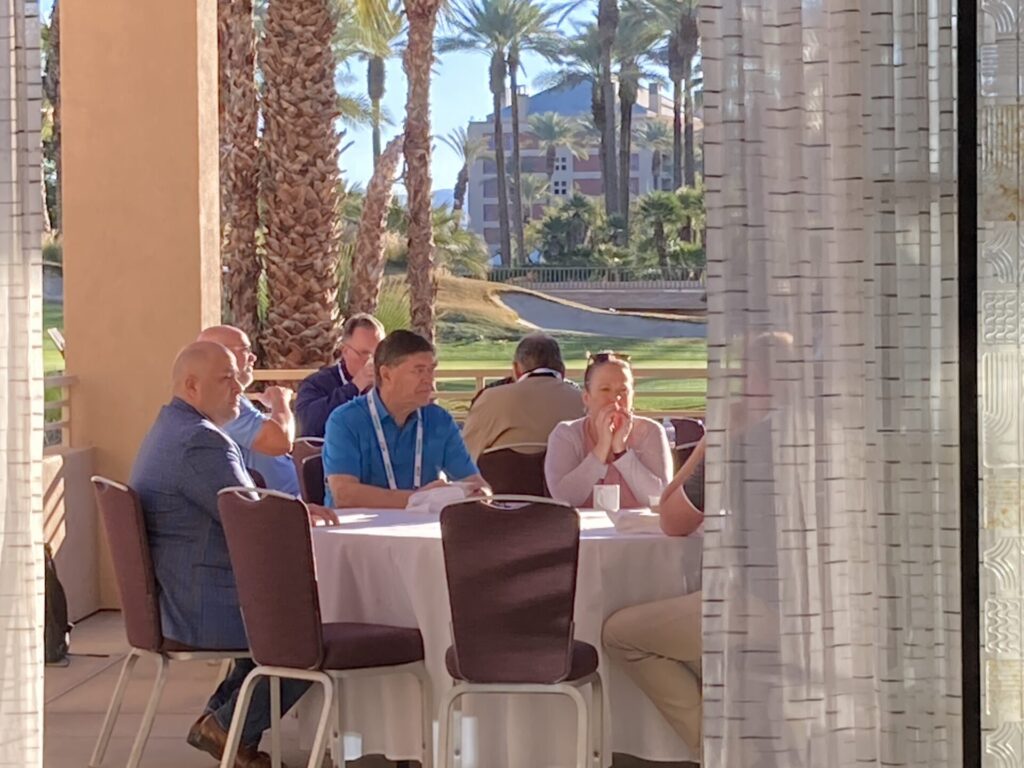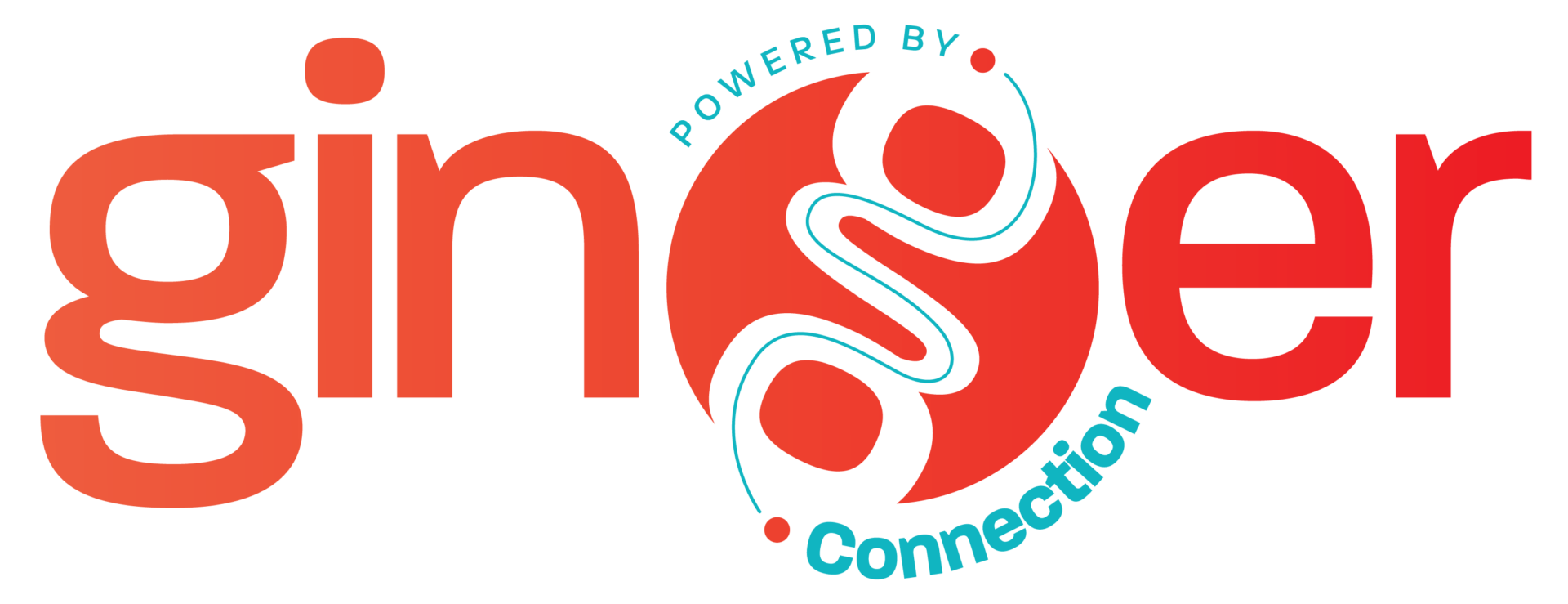Last week I was working with a manager + director cohorts and we focused on Willingness.
The Connector’s Mindset, POW, includes Willingness. It’s the W in POW – Positive Objective Willing – that helps us set our mind and go about the business of being a better human.
Since warm up’s are good for mental fitness and nimbility just as they are for our physical being, the warm up was 2-fold:
- What’s good? A once around, everybody sharing in whatever random order they choose, of one good thing about life. No limits, no size, no contest. What’s good.
- What’s concerning? Same as above.
An effective and helpful way to start a meeting of any sort is a once around of what’s good to get people in a positive frame of mind. This is a regular groove for me in my teaching – to rooms and audiences of all sorts and sizes.

What wasn’t usual was the “what’s concerning?” query that followed the what’s good. The team anticipated either what’s good or what are you grateful for (another stalwart), though they didn’t anticipate the “what’s concerning.” It changed the temperature of the room.
So why’d I do it? Why’d I ask that question?
For a few reasons I was inspired to include both this time around.
- In the ever wonky human-driven world, life around this tiny globe is moving rapidly and often violently. Our focus gets lopsided to the harsh realities of how humans can be so inhumane to each other, the planet, and other creatures. Like I shared with the cohorts, to acknowledge the ends of the spectrum – good, concerning – with the inner sandwich as the every-day-living is to be fully committed to connection with self. And with teammates.
- By acknowledging and inviting “what’s concerning” we can address and converse about a whole life, not a sanitized we-don’t-talk-about-this-thing version. That sanitized version will always hold us back, it will always handicap us because if we’re unwilling or feel unable to express the concerns in our life with the people we work with and around, we are missing – ignoring and even negating – a big part of the person.
- To include the good & concerning is to nurture emotional safety, conversations of meaning, and build common ground. We must learn how to include and discuss all parts of our thinking in order to connect fully with ourselves and others. It’s especially true in the endeavors we pursue because it’s inevitable we will have diverse perspectives.
Let’s be superdupercrystalclear here: without open dialogue, we have a dangerous environment.
With open Dialogue, the ability and willingness by all to share, listen, inquire, accept.
This builds connection. Open dialogue isn’t all of us in agreement. We’re not aiming for like-minded. No no no, that’s lethal. Check the record books for like-minded you’ll see the the examples from mild to extreme. We’re aiming for like-valued. When we focus on sharing values which we all do, we realize that every body wants the same things.
With open dialogue we remind ourselves that while our opinions and beliefs differ, they are only opinions and beliefs. If we give away our power to our beliefs and opinions, then we lose. If we retain our flexibility of thinking and acceptance of ourself and our own willingness to listen and consider, if we retain the flexibility of thinking and acceptance for others’ willingness to share and consider, we win. All of us.
There’s comfort in feeling we have a permanent belief. Be very cautious to get overly comfortable. Like one of my former coach’s taught, comfort is a booby prize.
Aim instead for willing discomfort. To think, share, listen, learn, consider, grow, support and nurture vital common ground.
I could feel the room tone shift from “what’s good” to “what’s concerning”, and then shift again once I invited them to share with each other what they’re grateful for. To know what we want is to also know what we don’t want. Include them both.
Everything is possible with healthy human connection. When we’re willing to be us, you and me, and strive to be our best.
Let willingness lead the way.
Tell me about a time you were willing to be fully you, and if you like, share a time when you weren’t willing to be all you.
Cheering you on, always.
g
